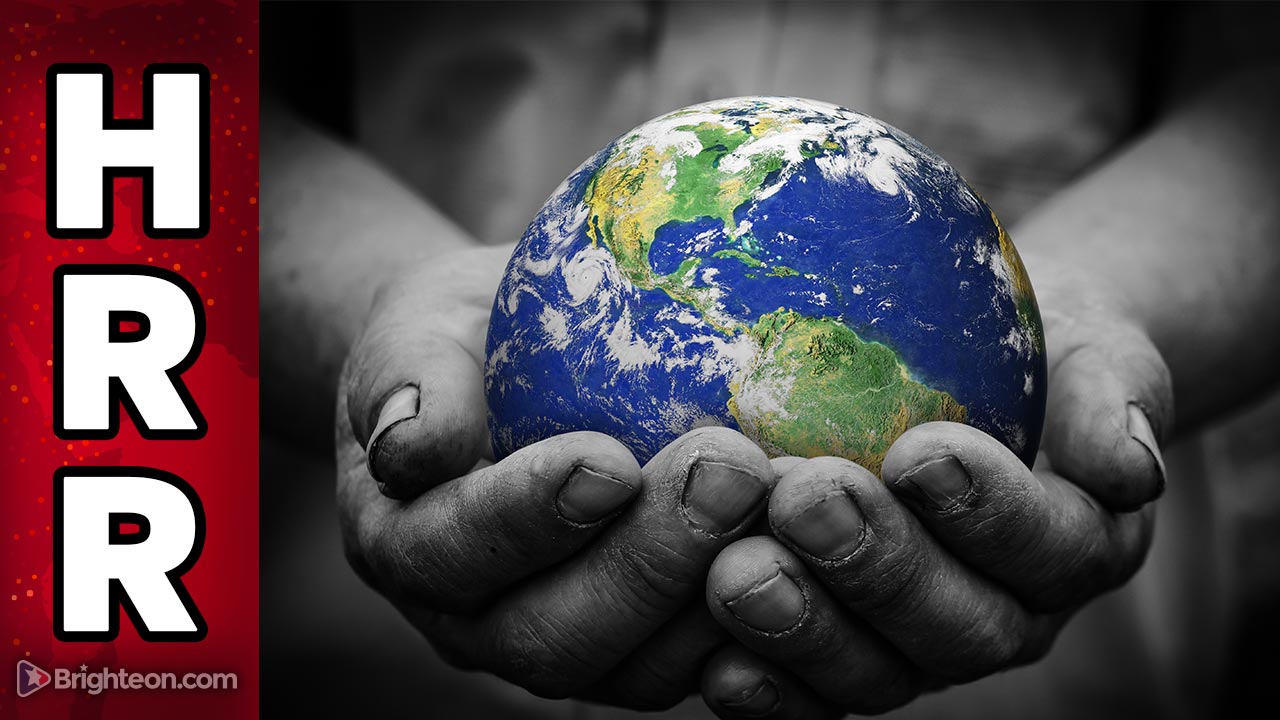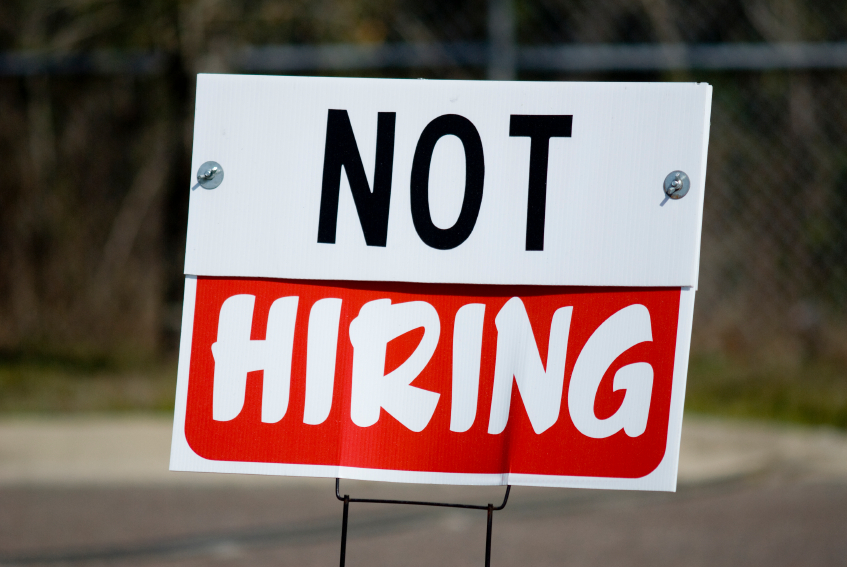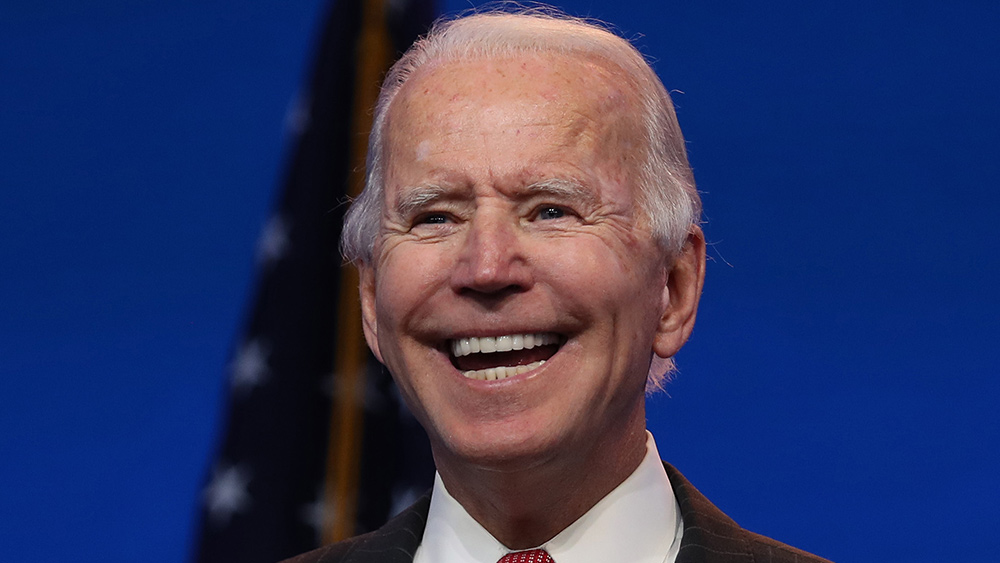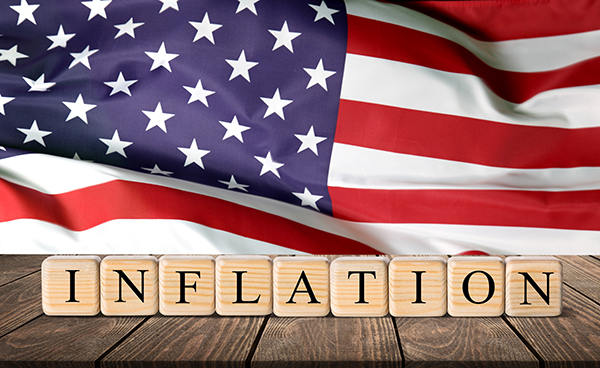Protests rock Argentina as socialist government cuts subsidies
07/28/2022 / By Ramon Tomey

Protests erupted in the South American nation of Argentina over its government’s decision to cut government subsidies.
The government led by President Alberto Fernandez had previously slashed subsidies in the energy sector based on household income in June. However, plans to extend these subsidy cuts to other programs did not sit well with Argentinians – who subsequently took to the streets to voice their opposition.
Protests have continued in the capital, with one such demonstration occurring during Argentina’s independence day celebration on July 9. Professional organizers called “piqueteros” have been the driving force of these protests, which demand the abolition of the proposed subsidy cuts and an increase in wages.
Welfare programs for civilians have risen in the past two decades, leaving 22 million Argentinians reliant on some form of government assistance. These state-funded assistance programs extend to almost every aspect of the economy – from wages to utilities, education and health care. Buenos Aires shells out 800 million Argentinian pesos (US$6 million) daily for these programs.
Harry Lorenzo, chief finance officer of Income Based Research, argued that the Argentinian government’s spending habits must be reined in. “This would involve scaling back the welfare programs, which have been a major contributor to the country’s debt,” he said.
“The Argentinian government has been grappling with a collapsing economy for some time now. The main reason for this is the government’s unsustainable spending, which has been funded in part by generous welfare programs.”
Skyrocketing inflation in the South American nation added fuel to the fire. It hit 58 percent in May, and broke the 60-percent mark in July.
National inflation was just over 14 percent in 2015. This means Argentina’s inflation rate shot up by more than four times in a span of seven years. (Related: Argentina’s annual inflation rate just hit 55.1%, and experts are predicting 60% for the entire year.)
Protesters demand more welfare money, slam working as “right-wing policy”
Some piqueteros who participated in the July 9 protest called for Buenos Aires to give the people more money. Their sentiments purportedly echoed those of the 1.2 million Argentinians enrolled in the Empower Work social program. Thus, working a regular job is out of the question for the program’s participants who receive a living wage for an indefinite period.
A female piquetero who lives in Buenos Aires lamented how the government expects them to work from 8 a.m. to 5 p.m. for the same amount of money. When asked about her source of income for her family, she replied “the government.”
A male piquetero also slammed the planned subsidy cuts, sharing that Vice President Cristina Kirchner was exhorting Argentinians to go to work instead of receiving social benefits.
“Going to work, that’s the policy of a right-winger,” he said.
Data from the socialist government reflected the male piquetero’s sentiment. The national employment rate was only 43 percent in the first quarter of 2022.
The ruling coalition on Buenos Aires is also divided on how to solve the country’s economic predicament. Half of the coalition wants to rely on foreign bailouts to address inflation and bankruptcy. Meanwhile, the other half supports keeping the social programs in place and not rely on foreign aid – while concurrently increasing taxes on an impoverished population.
Alvaro Gomez, a taxi driver in the capital, described the piqueteros’ demands as “madness.”
“I’ve seen five presidents come and go in that time, [and] nothing has improved. Half of our country doesn’t want a job, and the ones that do don’t want to pay the taxes for the others,” he said.
Watch Gabor “Gabe” Zolna warn about the U.S. becoming the next Argentina courtesy of the Democrats’ socialist programs in the video below.
This video is from the zolnareport.com channel on Brighteon.com.
More related stories:
Survey: Argentinians believe inflation will hit 50% in 2022.
First Venezuela, now Argentina on the verge of financial catastrophe.
Ecuador announces force majeure for oil, state of exception decree amid protests.
Massive uprising erupts in Panama over inflation and deteriorating economic conditions.
Peru’s leftist government calls in military, imposes curfew to crack down on inflation protests.
Sources include:
Submit a correction >>
Tagged Under:
Alberto Fernandez, Argentina, bailouts, big government, chaos, civil unrest, Collapse, Cristina Kirchner, debt collapse, economic collapse, employment, government assistance, government spending, Inflation, panic, protests, rioting, socialism, welfare
This article may contain statements that reflect the opinion of the author
Get independent news alerts on natural cures, food lab tests, cannabis medicine, science, robotics, drones, privacy and more from NewsTarget.com
Get independent news alerts on natural cures, food lab tests, cannabis medicine, science, robotics, drones, privacy and more from NewsTarget.com
RECENT NEWS & ARTICLES
COPYRIGHT © 2017 DEBT COLLAPSE NEWS





















